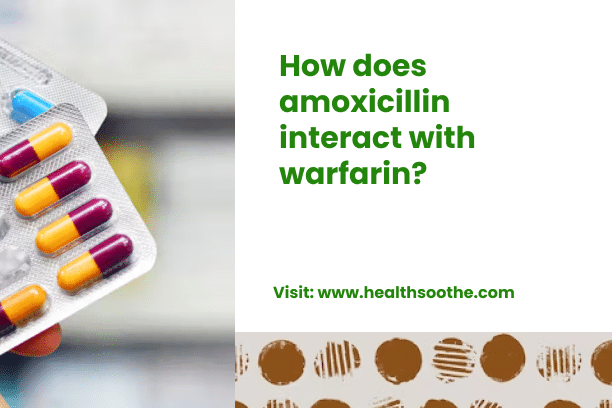As evident in the current times, advancements in no other industry can assure us of a better life as healthcare. In the days of the future, more nations will be investing in healthcare by incorporating modern technologies, developing new theories, and coming up with brilliant treatment procedures to enhance the quality of life at large.
Some of these healthcare advancements and changes that ensure a safer and less-vulnerable future have been discussed below:
AI and machine learning
There’s no doubt about the efficiency of computers in generating mounds of data faster than any human being. Running diagnoses and informing treatment plans become way easier with the help of AI technology in healthcare. Incorporating Machine Learning and AI in the healthcare industry can take public health and safety measures several notches up, besides reducing the costs of treatment.
Genomics-based personalized medicines
AI and Machine Learning along with wearable health trackers, genetic engineering, and telemedicine also contribute greatly to personalized medicine, which holds the future of healthcare. Personalized or precision medicine helps identify individual variability, and enhancements in genetic sequencing can propel this development to a great extent.
Genomics-based research and data analysis can be made easier with the integration of advanced tools and platforms. For example the OnRamp team aims to improve data interpretation and analysis for medical scientists to develop personalized treatments. Such advancements can immensely help ensure individual health management, diagnosis, and treatment.
Internet of Medical Things
The IoMT constitutes a tech infrastructure that connects software technologies, sensors, and applications to medical devices and wearables for better remote diagnoses and telemedicine. Portable and wearable biosensors are examples of the IoMT infrastructure that makes it possible for the physicians to track their patients’ health beyond geographical barriers.
This trend is going to develop further in the future, thus helping people take care of their health at home and prevent unfortunate incidents by providing alerts and arranging for immediate medical assistance in case of emergencies.
AR and VR
Augmented and Virtual realities are not only going to make it big in the entertainment sphere but also healthcare. With these technologies in hand, you’ll be able to get an in-depth analysis of your internal organs and systems and forward that vital information to your doctor with just a few taps of your finger. These technologies will be integrated into apps that you can access on your Smartphone at your convenience.
Data security through Blockchain technologies
Improved security is going to be the need of the hour, as genetic sequencing, analysis and processing will be dependent on those data. Increased integration of Blockchain technology will help the industry enhance its security protocols, the privacy of data, and give more control to the patient over his/her health without fearing data breaches and stealing.
Smart Hospitals
Smart hospitals are in talks in every nation that wants to enhance its healthcare sector for the tech-dependent population. These hospitals will be connected through exceptional IoMT infrastructure and include smart devices, wearables, health trackers, data generators, and more to improve treatment procedures and convenience of the patients.
Wrapping it up
With such tech advancements and developments in the healthcare system, the people will not only feel better but also more assured of their inherent safety. Improvements in genetic engineering and Artificial Intelligence can further propel the idea of smart hospitals, which won’t offer treatments only to the ones, who can afford it, but everybody.





